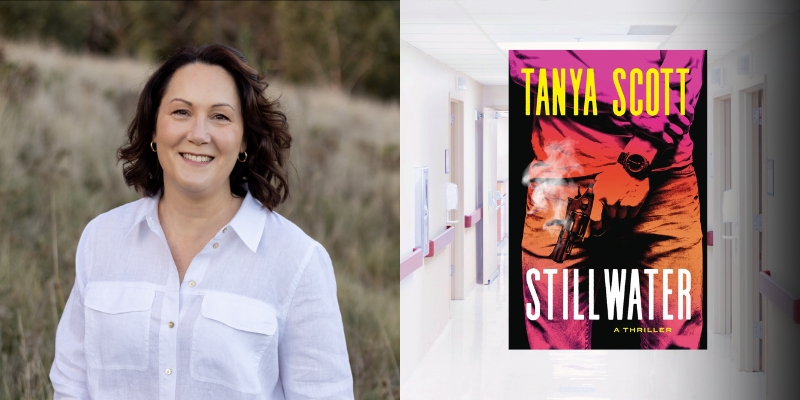Why is it that so many doctors write? I could mumble something about humanity here, but I believe the real explanation is more nuanced. For a start, are we assuming that all doctors are alike? Or that all doctor-writers have the same reasons for writing?
Our brains are wired to take shortcuts. It’s cognitively easier to recognize patterns, rather than doing the work of hypothetico-deductive reasoning; we see an apparent correlation and infer causation.
For example, ice cream consumption and shark attacks are statistically linked. With some necessary mental gymnastics, we can understand that there are other factors—warm weather and swimming—to explain the link. Correlation is not causation. Similarly, doctoring and writing are linked, but does one cause the other? Let’s explore.
Firstly, I want to bust any assumption that doctors are a homogenous mass. We are not all paternalistic silver-haired men in white coats, nor are we necessarily glamorous, savant, or medically infallible TV doctors. Most of us are average people.
We share some common characteristics – a level of academic achievement, and a masochistic tolerance of long hours and crushing responsibility, for starters—but I’ve met doctors from all walks of life. Some write. Most don’t.
And as doctors are a diverse bunch, it follows that their reasons for writing will be as individual as they are. Which means that the real question is, why does anyone write? Where does it come from, this need to express, create, imagine, and explore? And how does the practice of medicine modify or augment this need?
I was interested in writing long before I considered a medical career. I’ve always been a nerdy bookworm, more likely to be found with my head in a novel than anywhere else; but when I finished high school, the sensible advice was to find a proper job that paid the bills. I did what I was told, but the itch to write didn’t go away.
For years, work was a distraction rather than a contributor to my writing—I was far too busy for a hobby. When I finally took the plunge (and a writing course), medicine provided wonderful material.
This is where the correlation comes alive: many who are drawn to medicine, myself included, are also fascinated by human behavior, social justice, and the deeper questions of life. Every day, I see people at their most vulnerable; writing about death and dying, experiences of illness and traumatic events, recovery and hope, is a perfect way to make sense of what I’ve felt and seen.
Patient stories range from tragic to dramatic to comedic: the patient who invited me to her dog’s funeral; the farmer who tried to defibrillate himself on the electric fence (yikes); the wellness influencer who wanted me to examine her ah, sample so I could give advice on dietary fibre.
So for me, while practicing medicine might not be causative to a writing practice, it directly informs the content and themes. For some healthcare workers, writing in response to their vicarious trauma is part of their therapy.
I was always drawn instead to fiction, to asking the question, what if? I have an insatiable need to add confounding factors and alter the variables in any story.
“Fiction is the lie through which we tell the truth,” according to—depending who you ask—either Albert Camus or Stephen King. I’m careful with my patients’ stories, told to me in the cone of silence; writing fiction provides a vehicle to share what I’ve witnessed, what I’ve heard and learned and absorbed, without breaking that trust.
Perhaps that’s the missing link, the factor that lies beneath the correlation of medicine and writing; perhaps it’s as simple as a search for the truth. And I stand by my (oft-repeated) statement: there is nothing I can make up that would be stranger than real life.
***


















